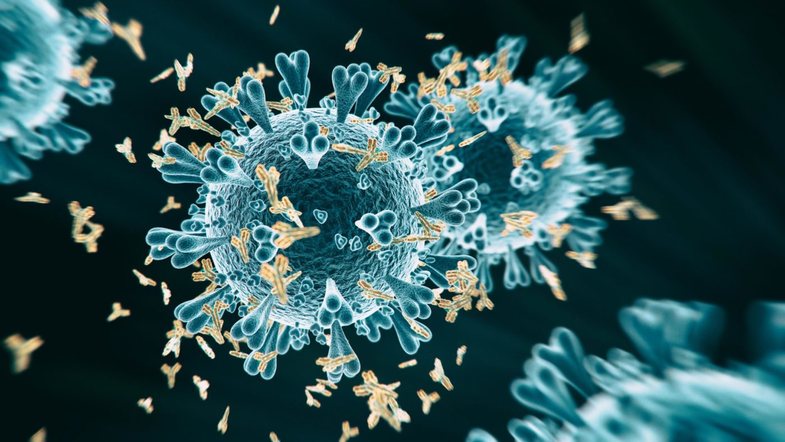
Recent studies in the UK have shown that antibody levels in people who have passed the coronavirus fell by 27% over the three-month period over the summer, adding to fears of "short-lived" immunity. However, experts say that these studies do not have to be worrying as the situation is more than normal.
Levels of antibodies created in the body to protect the immune system against coronavirus fall as the body clears a certain infection. However immune cells carry a memory of the virus and can produce new antibodies when needed.
"These headlines are idiocy," said Scott Hensley, an immunologist at the University of Pennsylvania. "Reducing antibody levels after an acute infection is a normal healthy response," said Dr. Hensley. "This does not mean that these people no longer have antibodies. That does not mean they have no protection. "
Studies in monkeys say that some people have no antibodies at all, but even these may have immune cells called T cells, which identify and destroy the virus. Most people infected with coronavirus develop sustained cellular responses.
T cells are unlikely to prevent infection, but can prevent serious symptoms.
Source: New York Times





